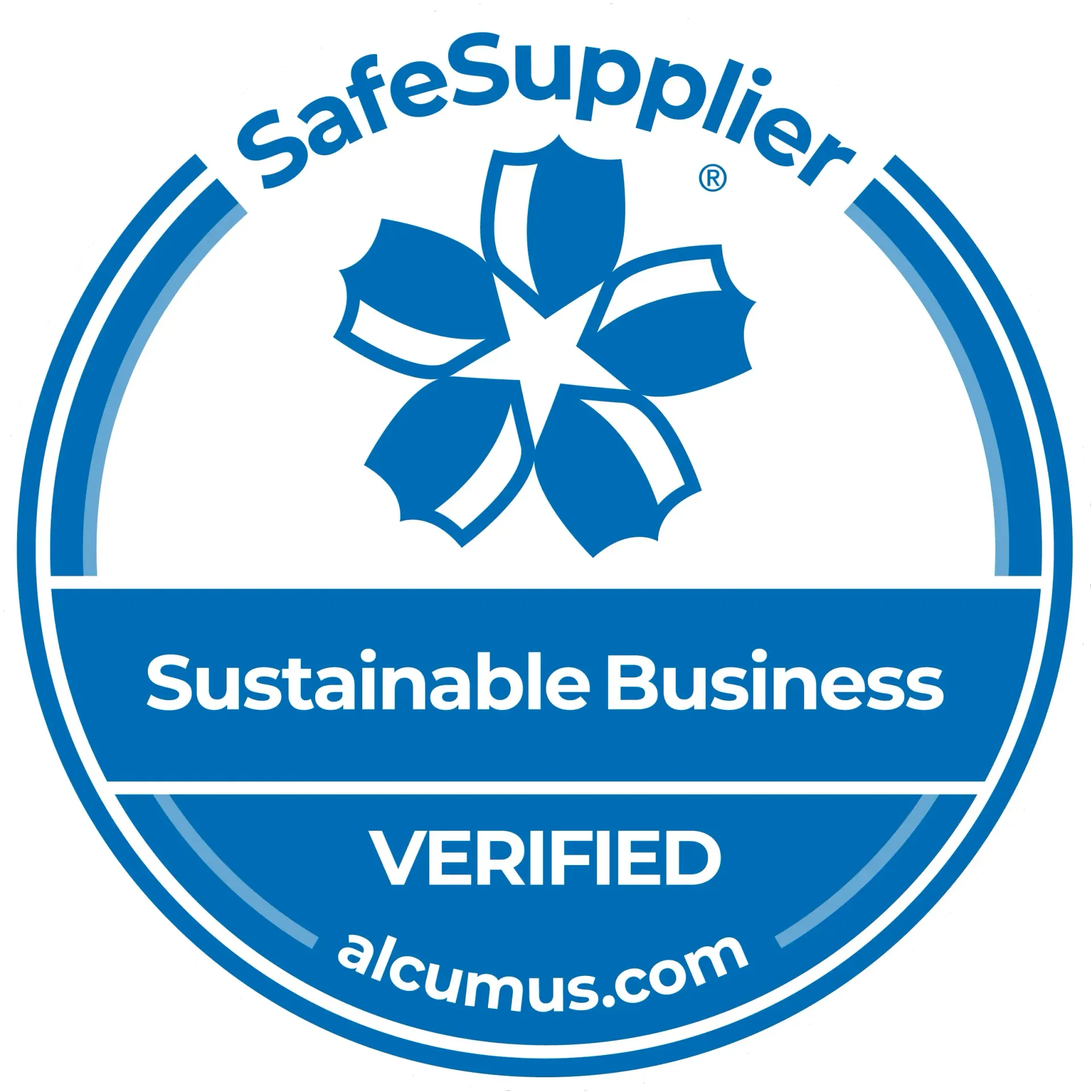Duty of Care, Waste Transfer Notes, and Waste Definitions
If you’re a business owner, getting to grips with your waste is crucial, whatever the scale or sector you operate in. Proactively managing waste and reducing your impact is a moral responsibility as an occupant of planet earth, and your legal responsibility too – so don’t make mistakes! But with lots of confusing terminology and legislation out there, that’s easier said than done. What’s a waste transfer note? What’s your duty of care? And how do you even define waste in the first place?
GWR offer total waste management and recycling services for businesses, with over 35 years’ combined experience in the field. Our expertise means we can help you get to grips with the relevant rules and regulations, dotting the i’s and crossing the t’s to make sure you’re fully compliant. We’re dedicated to helping all sorts of organisations rationalise their waste output, aiming to divert 100% of waste from landfill. After all, this is the only planet we have!
In this article, we define some common waste-related terms, helping you understand your responsibilities better.
What is the Legal Definition of Waste?
When we think of waste, we all have an idea in our minds – something unwanted, undesirable, worthless, even dirty. But, where the law is concerned, an idea is not enough. It’s important for businesses to understand the specific, legal definition of waste in order to better identify when a material is waste, and when it is something else. Article 3(1) of the Waste Framework Directive (WFD) defines waste as a substance or object that the holder has discarded, or intends or is required to discard. It goes on to provide a series of questions to help determine when this applies, such as:
- Does the substance or object need to be disposed of?
- Has it been sent for disposal?
- Does it have a low economic value?
- Is it no longer suitable for its use?
If the answer to these questions is yes, in all likelihood the substance or object you have on your hands is indeed waste – read our blog about the different types of business waste to learn more. But can waste ever stop being wasted? If you work with a team of recycling experts like GWR, it certainly can!
When Does Waste Cease to Be Waste?
Waste can become non-waste if all unwanted substances have been removed, the recovered material is completely suitable for its intended reuse, and it is a distinct product or will definitely be reused. With our team on the case, your commercial waste won’t stay as waste for long. We offer dry mixed recycling and glass collections, transforming the unwanted into useful products and brand new materials.
Find out more: What Happens to Waste & Rubbish After it is Collected?
What is Duty of Care?
If you import, carry, keep, treat, dispose of, or control waste, you will be subject to a duty of care. Basically, if at any point you have waste in your possession, you have a responsibility to deal with it in the best way. This is separate to the duty of care that applies to householders, but both have the same ethos at heart. The duty of care states that a waste holder must:
- Prevent unlawful or harmful waste disposal
- Uphold permit regulations
- Keep waste under control
- Ensure the person you transfer waste to is authorised
- Provide an accurate description of waste during any transfers using a waste transfer note.
Related: Why is Waste Management Important for Business in the UK?
What is a Waste Transfer Note?
A waste transfer note (WTN) is a document that should accompany the movement of non-hazardous waste. There is no standard version, but it should outline the type and quantity of waste, how the waste is contained, the place and date of transfer, the organisations involved, permit details, the European Waste Catalogue code (EWC) for the waste, and the Standard Industry Code (SIC) of the business.
It is a legal requirement for the organisations involved to keep copies of their WTN’s for at least two years. For regular transfers, a ‘season ticket’ WTN can be used. This covers multiple non-hazardous waste transfers for up to one year.
For hazardous waste, the regulations are different. Instead of a WTN, you need a specific hazardous waste consignment note.
Simplify Your Waste Management with GWR
As a business owner, it’s vital you understand your responsibilities and manage your waste in the best way. Great Western Recycling have helped plenty of different organisations do just that. Our tailored rubbish and recycling solutions make it easier than ever to deal with all waste in one place. With our team on your side, you can reduce your business’ environmental impact, and even achieve zero waste to landfill.
Get in touch to find out more.
Get a free waste audit















